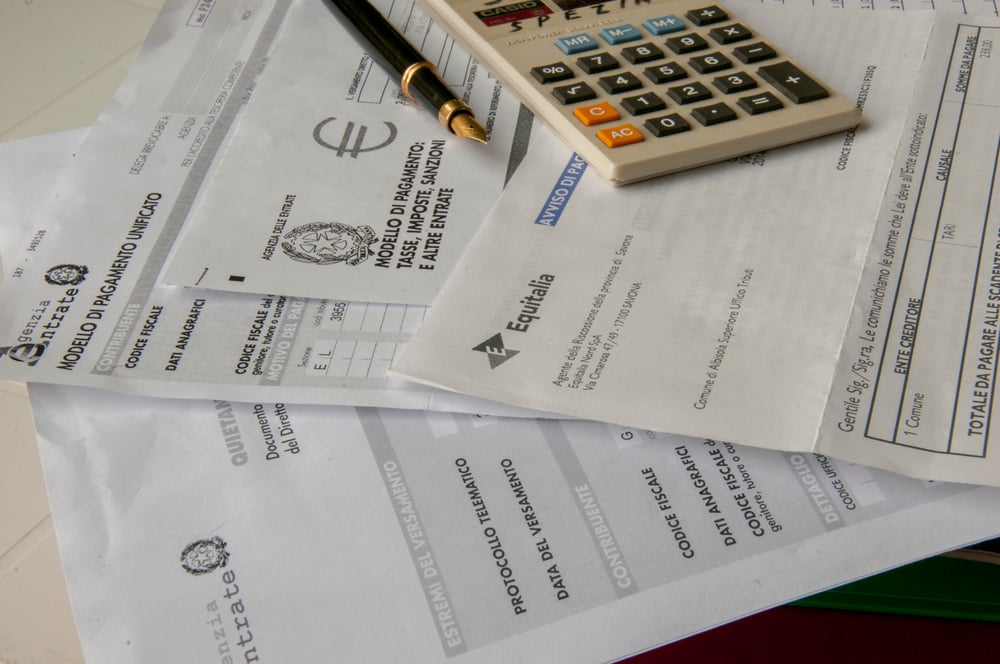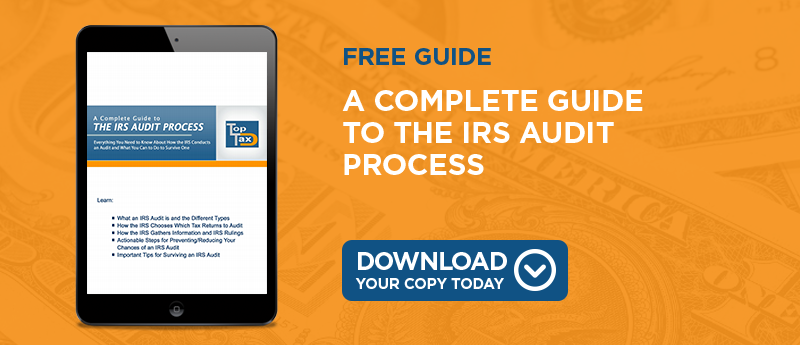
Most people generally accept the inevitability of paying taxes on their income each year. They view this annual requirement as a civic duty and something that should not be avoided. However, a smaller number of would-be taxpayers go out of their way, either legally or illegally, to avoid declaring their incomes and paying taxes on it. Cases of tax evasion and tax avoidance keep the IRS busy as it investigates people who purposely withhold money from the government. With that, you would be well advised to appreciate the differences between tax avoidance and tax evasion, as well as understand the possible penalties involved with both.
Tax Avoidance
Tax avoidance often plays out to be more of a legality than a crime. In fact, the government even provides loopholes for taxpayers to take advantage of in a bid to lower their tax burden to the state and federal government. Even so, it can be imperative you understand the more common ways to use these loopholes for this purpose so that they can avoid running afoul of the IRS. Legal ways to engage in tax avoidance include:
- Making charitable donations
- Putting money into a retirement pension
- Opening and putting part of your income into a savings account
- Putting a portion of your business's profits into an overseas bank account
These methods of diverting your money are legal ways to lower your tax burden. However, you should still declare these assets to the IRS to avoid undue scrutiny or false allegations of tax evasion.
Tax Evasion
Tax evasion, on the other hand, is a crime that could undermine your financial well-being. This crime typically involves purposefully hiding money from the IRS. Some of the more common ways that people hide their earnings include not declaring self-employment or cash incomes, failing to report overseas bank accounts and moving money from one bank account to another to hide their earnings.
However, some forms of tax evasion also take more creative forms, such as:
- Declaring too many dependents or people who should not be counted as dependents at all
- Reporting false charitable donations
- Failing to report inheritances
- Claiming too many work-related expenses and deductions
People who evade paying taxes in such ways often believe that they can get away with their crimes. However, in most cases the IRS can eventually uncover the truth about their activities. People forget that they may be living a lifestyle that does not match their level of declared income. They also forget that their bank deposits likewise do not match the amount of money they declared on their taxes.
Penalties for Tax Avoidance and Evasion
People who engage in tax avoidance or tax evasion often must answer for their decisions to withhold taxable income from the IRS. In instances of tax avoidance, the severity of the punishment is often dependent on whether or not it can be proven that the taxpayer willfully withheld declaring assets like an overseas bank account or a pension. Many times, people can simply amend their returns and pay any taxes that are owed.
However, in cases of criminal tax evasion, the penalties are often more severe and have long-lasting consequences. The primary penalty incurred for this crime involves paying a monetary penalty to the IRS. This penalty can sometimes be up to 75 percent of the taxes owed, along with the tax balance itself.
Moreover, tax evaders may face other punishments that include:
- Wage garnishment
- Bank liens or seizure of their bank accounts
- Seizure of assets like cars, houses and jewelry
- Forfeiture of tax returns and tax credits
Along with paying heavy monetary fines and forfeiting some or all of their property, tax evaders could still face jail time. Jail sentences for this crime could last up to a year or longer. Even more, adults of all ages are sentenced to jail for tax evasion. Being elderly, for example, is insufficient in keeping a tax cheat out of jail.
Alternatives to Tax Avoidance and Tax Evasion
In most instances, the IRS wants to give people enough leeway to pay their taxes that they owe to the government. If you believe that you cannot pay your taxes or you somehow want to lighten this financial burden, you can use several suggestions to help you avoid paying taxes or evading this obligation altogether. Some remedies include:
- Ask for an Extension - If you cannot file for or pay your taxes on time, you should ask the IRS for an extension. This remedy could give you more time to pay your taxes without penalty.
- Give Details about Circumstances beyond Your Control - If you are facing financial hardship or some other difficulties, explain it to the IRS and ask for help and advice to pay your taxes without shirking this obligation.
- Use an Installment Plan - Just as you would pay off a credit card or a loan, you can use an installment plan to pay off your tax burden to the IRS.
Paying taxes is a part of life for most people. You can remain a productive and contributing citizen by understanding the differences between tax avoidance and tax evasion and how both acts are typically addressed by the IRS.




